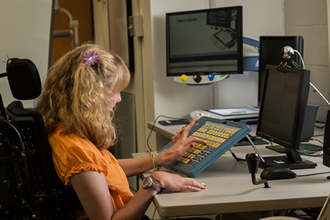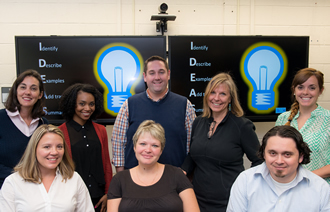Eligibility
To be selected as a GMU TURTLES Scholar, an applicant must:
- be admitted to GMU’s PhD in Education Program (applicants may apply for the PhD in Education Program and TURTLES simultaneously).
- be able to meet in-person course requirements of the PhD in Education Program.
- have earned a master’s degree
- be a U.S. Citizen
- have certification in special education, general education, or a related service area
Award Conditions
As a condition of accepting grant support, each selected TURTLES Scholar must commit to:
- completing the required program of study (comprising special education, leadership, and research methods coursework) and program activities
- completing the doctoral program within the specified time period as a part-time student (with coursework and program requirements in the summer terms)
- employed service in a special education leadership position (two years of service for every year of grant funding)
Selection Process
Project TURTLES scholars will be selected using a two-tier process. (The application and interview may happen concurrently with the GMU PhD in Education Program admission process).
- First, applicants must apply and be admitted to one of the three partner institutions
- Second, cross-site Project Directors will evaluate applicants’ aptitude for success in the program using a rubric created with the project’s advisory board, including
- training and experience working with individuals with disabilities and their families,
- interest in advancing their knowledge and experiences needed to be successful in planning for and supervising the implementation of scientifically based interventions and services, both virtually and in person, that improve outcomes for children with disabilities, and
- aspirational career goals related to serving in special education leadership positions-- particularly in high-needs educational settings and/or contemporary school-choice options.





